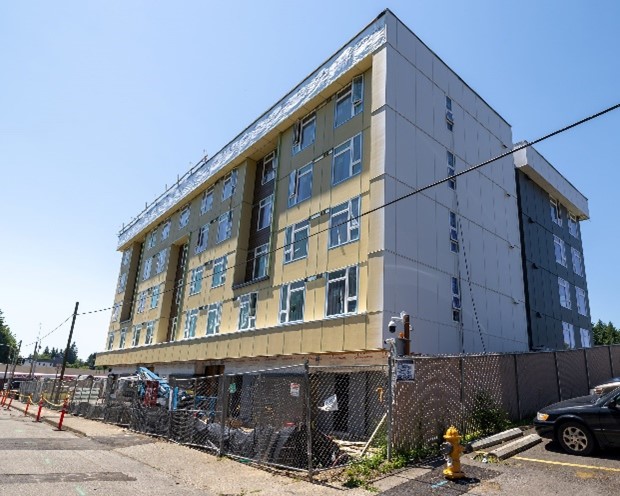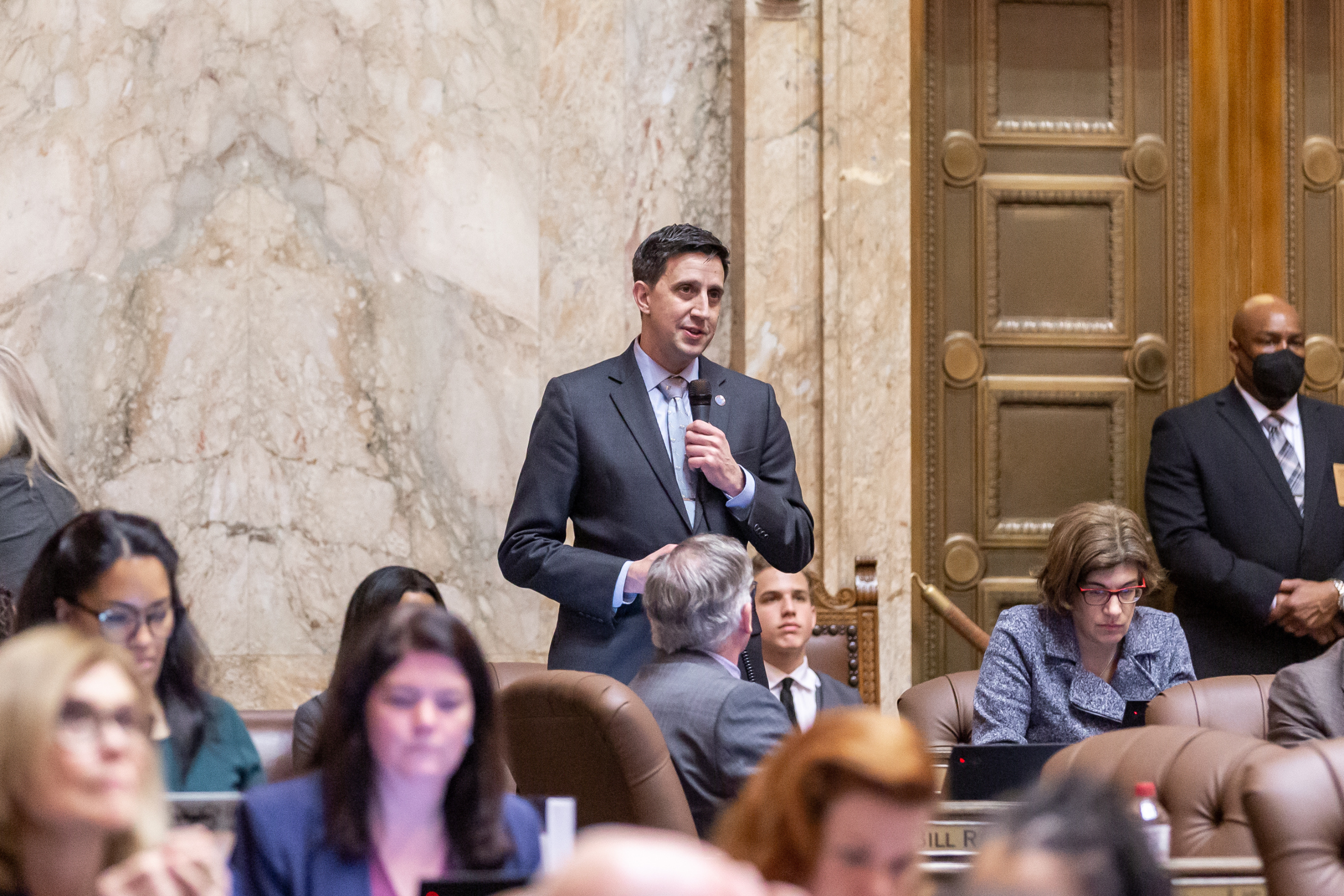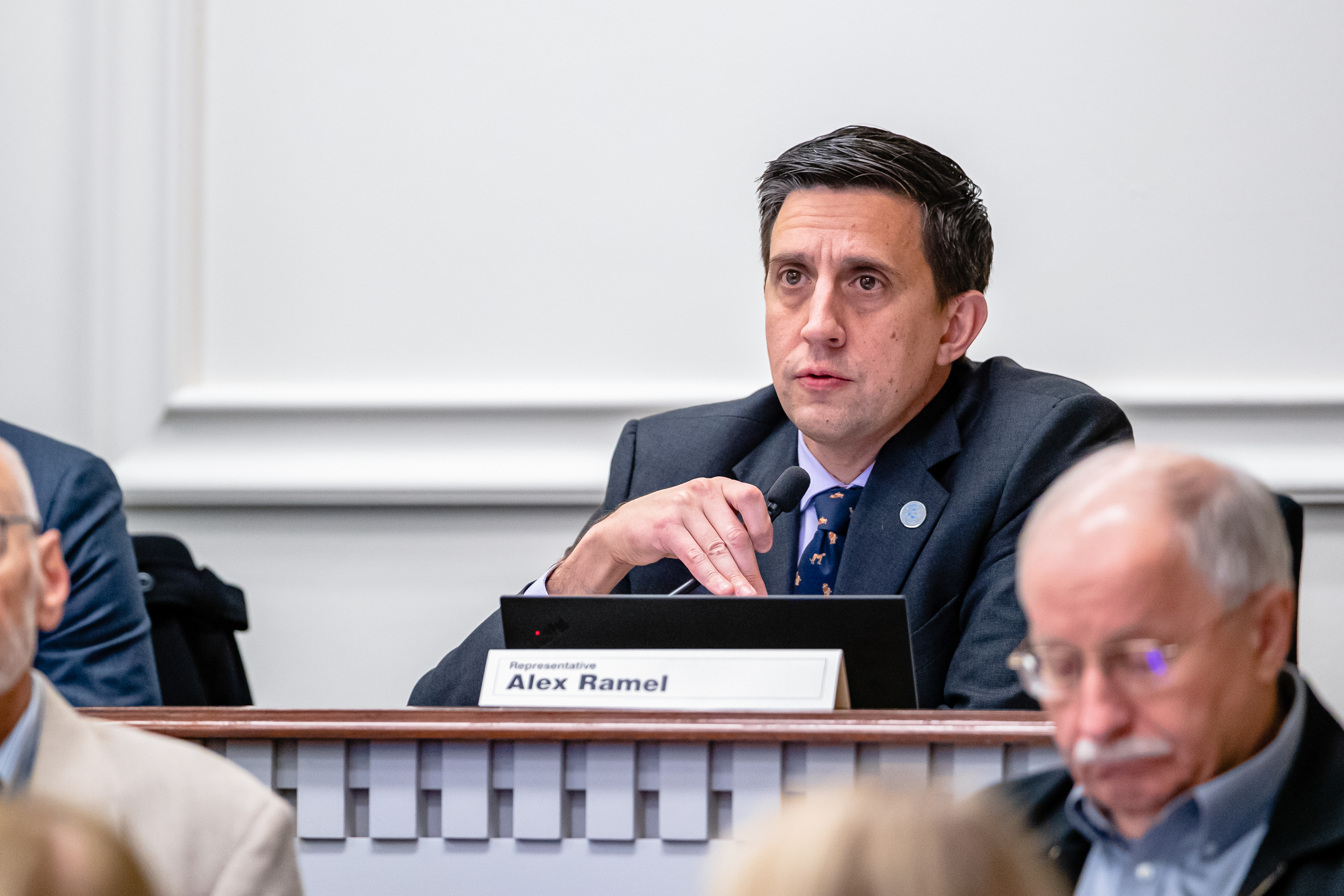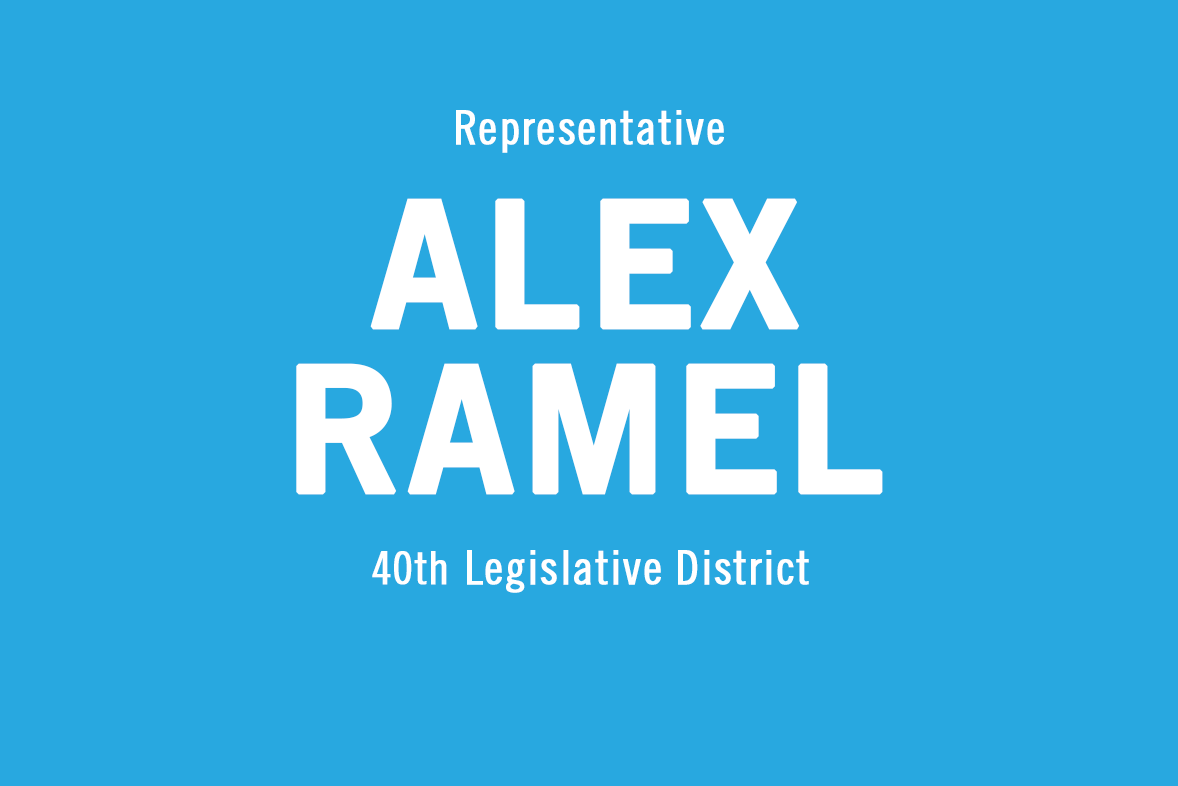Dear neighbors,
Access to adequate treatment and supportive services to manage mental health and substance abuse can lead to better overall health outcomes and a restored quality of life. The strategic investments we are making in behavioral health will reduce the incidence of crime, homelessness, and other social issues, leading to stronger, healthier communities across the state.
Locally, our community partners and officials in Whatcom County continue to work with the legislature in prioritizing funding for projects that reduce the need for incarceration including behavioral health services, permanent supportive housing, re-entry services, and more flexible use of Medicaid dollars. This work, in combination with other investments, can reduce poverty, improve public safety, create a healthier community, and build an economy that works for everyone.
I hope this newsletter can serve as a blueprint for where our community has historically underfunded priorities related to behavioral health and reducing recidivism, and where we go from here. Ultimately, I believe state and local governments should be partners in this effort.
Crisis Centers
In Skagit county, local leaders identified a gap in the system for crisis beds – a facility that can take care of people who are experiencing a mental health crisis, but who don’t belong in either the jail or the hospital. I was proud to join a bipartisan effort to fund the expansion of those services this year and together we secured an $12.7 million appropriation for these needed services.
Similarly, in Whatcom County, our community leaders asked for assistance in building a 23-hour Crisis Relief Center. Working alongside our partners in the 40th and 42nd districts, we were able to secure a $9 million Capital Budget appropriation for the Whatcom crisis relief center project. This amount is roughly triple the size of a typical state behavioral health grant and taken together, these investments show the legislature’s commitment to improving care in our community.
Addressing Behavioral Health Workforce Shortages & Access
Building new facilities isn’t enough if we can’t hire qualified people to staff them. That’s why addressing workforce shortages in behavioral health services was a major priority for the legislature in 2023. Community behavioral health investments totaled nearly $1.1 billion in the 2023-25 biennium, including provider rate increases meant to stabilize and expand the behavioral health workforce statewide. The Capital Budget also includes $660 million in investments for mental health state facilities and expanding access to behavioral health facilities statewide.
In addition to significant investments in the budget we passed the following bills which will each contribute solutions to this challenge:
- Adopting the mental health counselor compact: HB 1069
- Expanding access to behavioral health care, addressing the shortage of behavioral health workers with legislation to help us recruit, educate, and retain the workforce we need: HB 1724
- Establishing behavioral health support specialists: SB 5189
- Creating a credential under the Department of Health that allows certified peer specialists to contract and receive reimbursement from all health plans: SB 5555
Next Steps
 The state can help further fund inpatient behavioral healthcare. While the current Whatcom Justice Plan does not contemplate state funds in the description of building a public safety and health center, my hope is that State Behavioral Health Community Capacity grants are considered for similar use to those of a project in Lynnwood, where the original design for a new jail facility was altered to halve the number of jail cells and instead include a 12-bed inpatient clinic. The state funding ($14 million in total) covered most of the cost to build the clinic. An inpatient behavioral health facility should be a priority for our region, and I remain excited to explore whether a similar project is possible in Northwest Washington.
The state can help further fund inpatient behavioral healthcare. While the current Whatcom Justice Plan does not contemplate state funds in the description of building a public safety and health center, my hope is that State Behavioral Health Community Capacity grants are considered for similar use to those of a project in Lynnwood, where the original design for a new jail facility was altered to halve the number of jail cells and instead include a 12-bed inpatient clinic. The state funding ($14 million in total) covered most of the cost to build the clinic. An inpatient behavioral health facility should be a priority for our region, and I remain excited to explore whether a similar project is possible in Northwest Washington.
Finally, we must bolster reentry services, maintain, and expand supportive housing, and advocate for the use of Medicaid funds to pay for medical and behavioral health services for incarcerated individuals. While the state does not yet have a designated capital program focused on reentry services, I recognize the value in reducing recidivism from designated reentry services. This year’s operating budget includes nearly $7 million for dedicated reentry positions for discharge planning and the Capital Budget provides support for more permanent supportive housing with $100 million.
The Big Picture
Investing in behavioral health reflects our values as a society. It is also the fiscally responsible option. By shifting our focus to treatment and rehabilitation, the justice system reduces its dependence on incarceration and recidivism and connects those in need to behavioral health services so they can get help. Ultimately, these are steppingstones in a path where people can reintegrate with society and their families and build meaningful lives. Looking ahead, I am excited to work with our local government partners next legislative session to develop and implement solutions to the behavioral health crisis.
In service,
![]()
Rep. Alex Ramel
WA State Representative | 40th Legislative District
House Majority Whip
Pronouns: he/him/his



